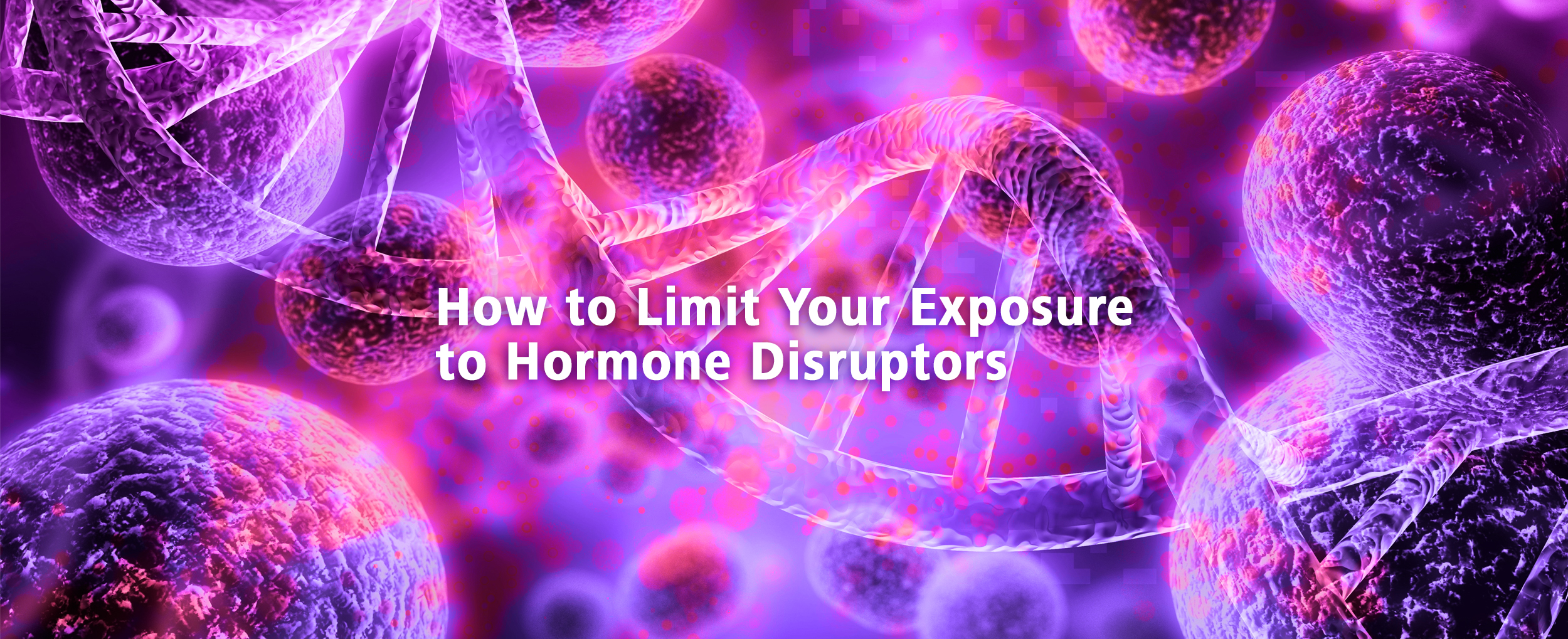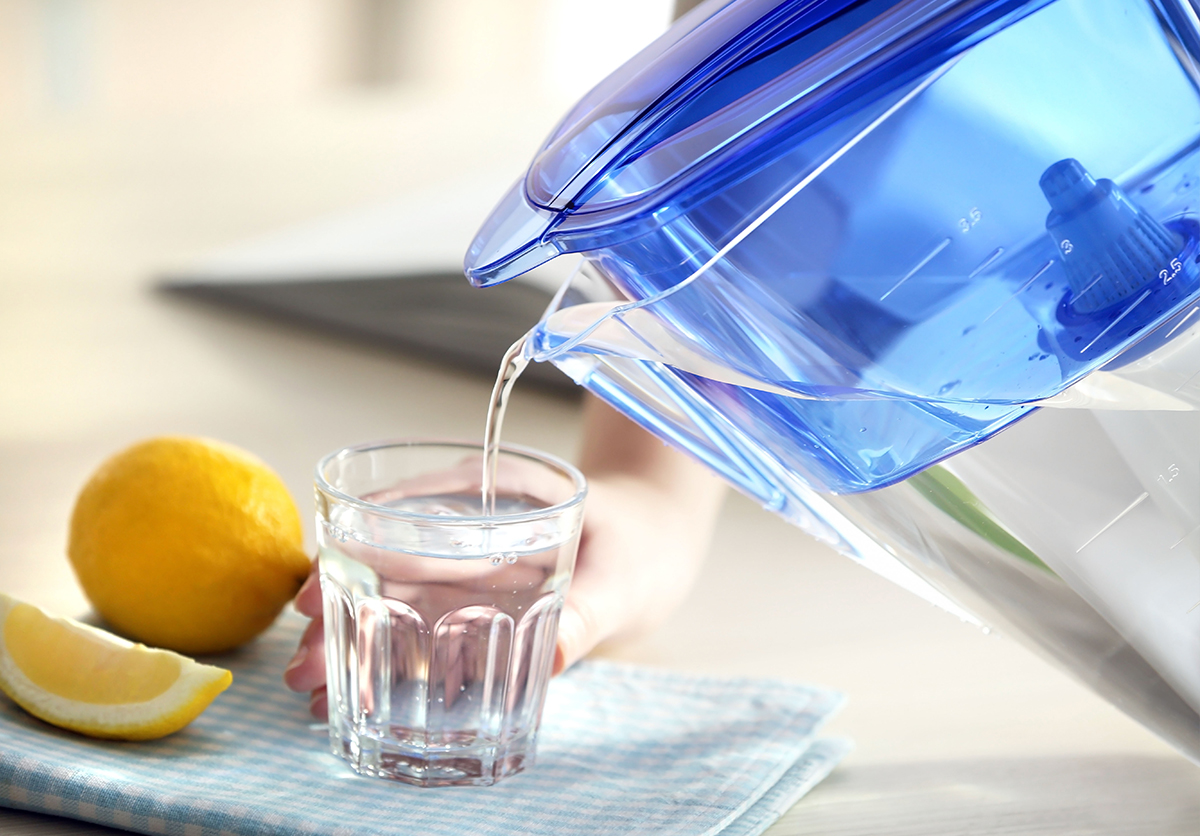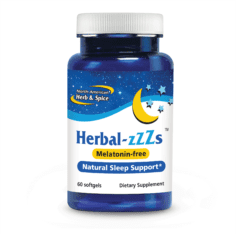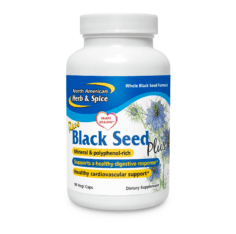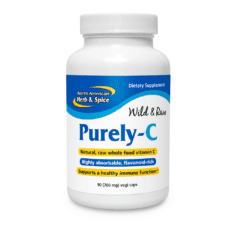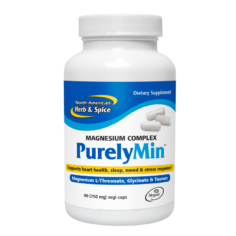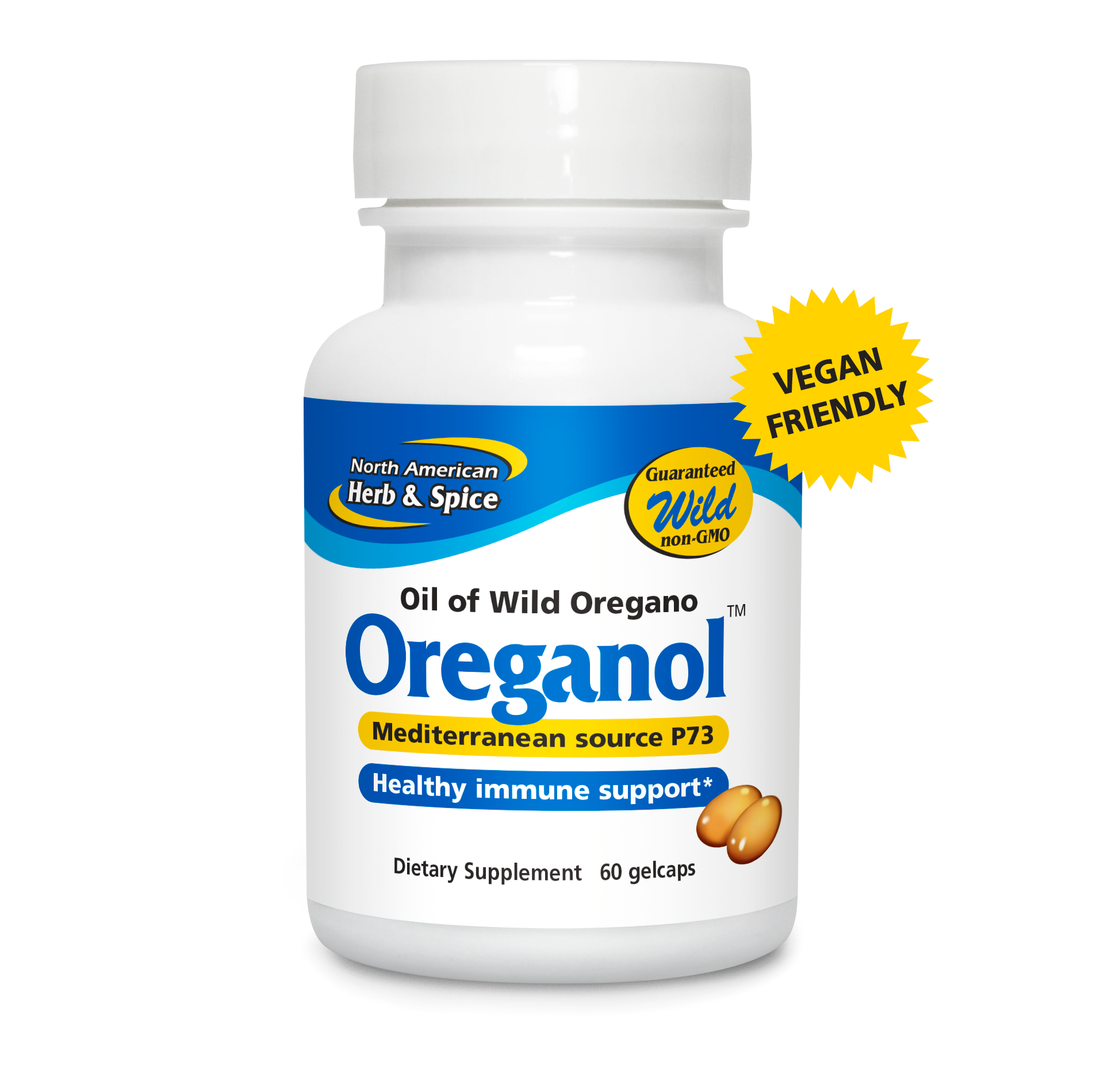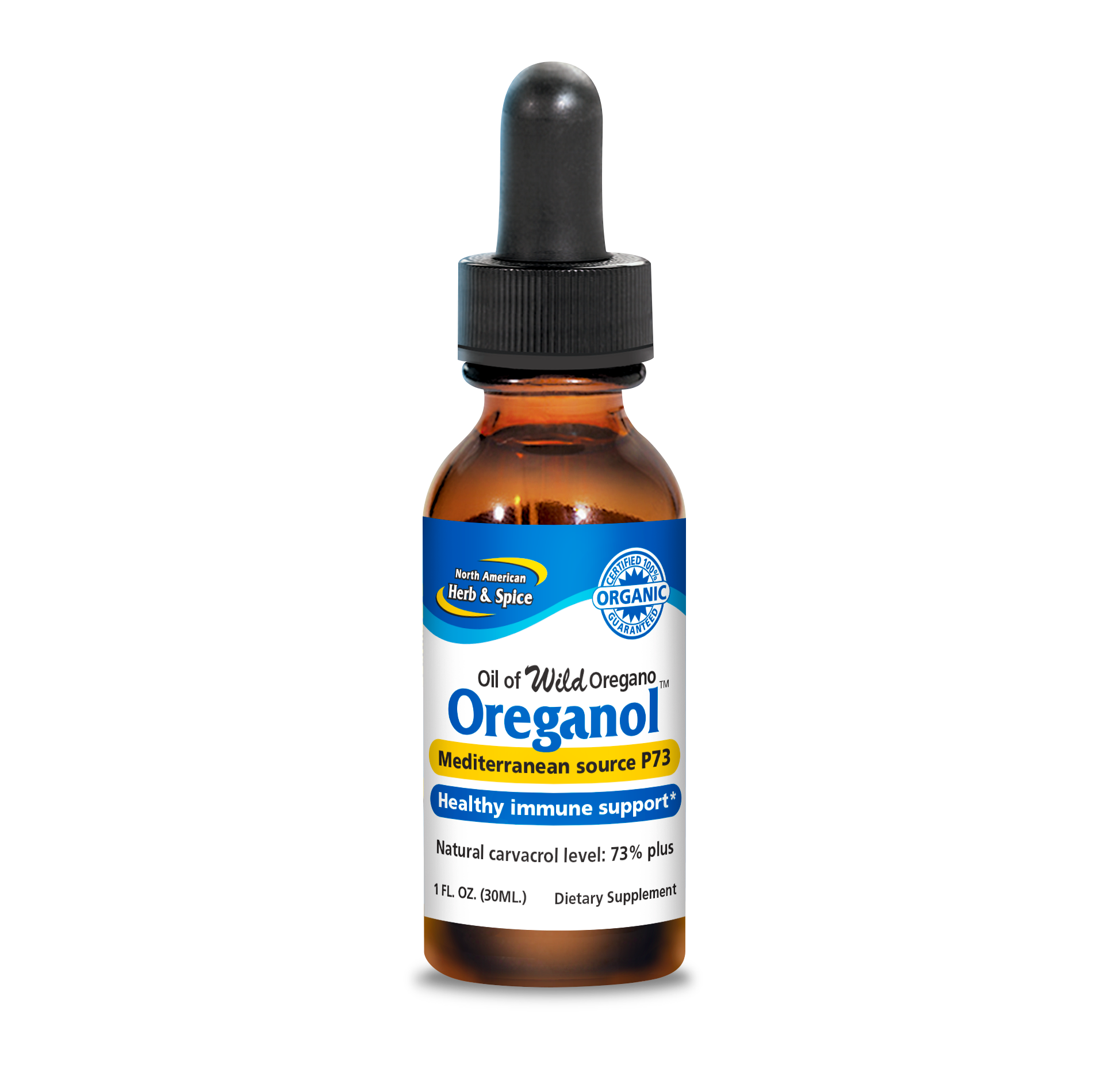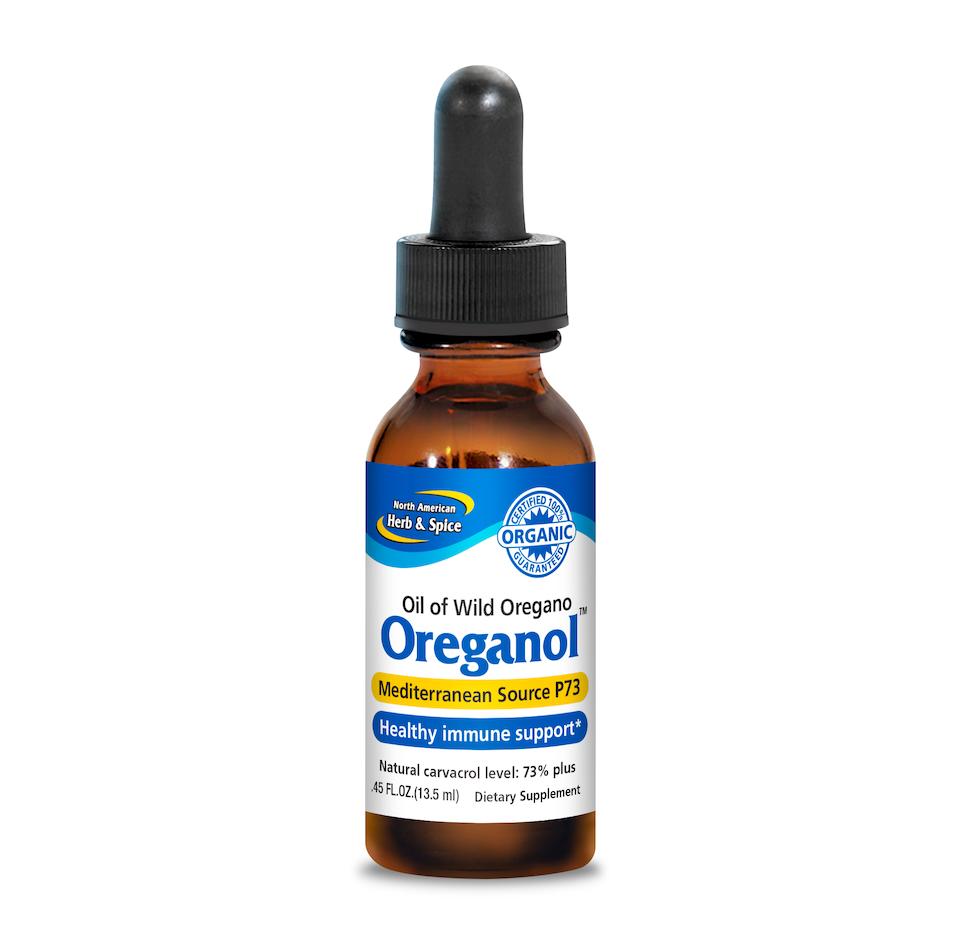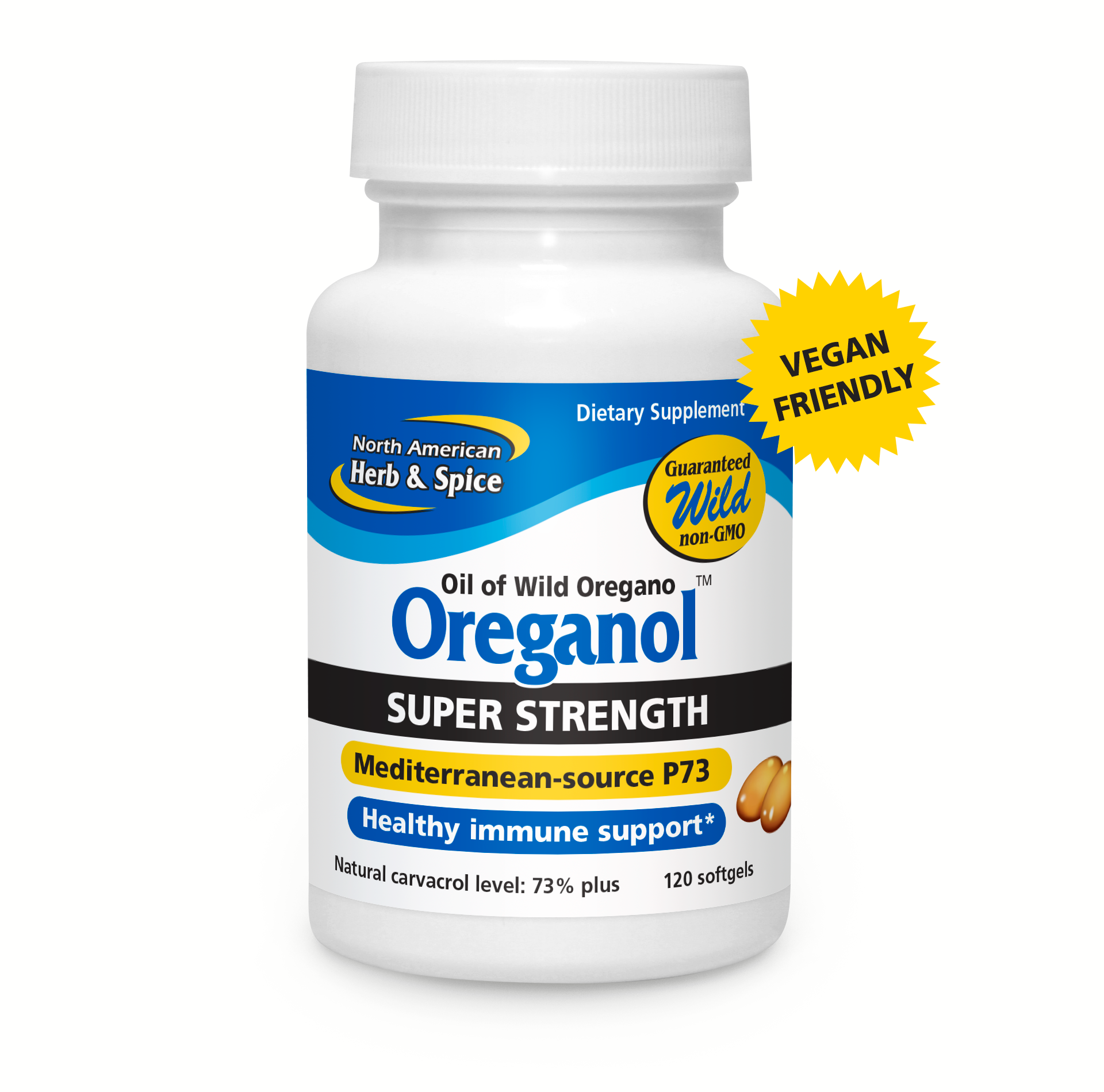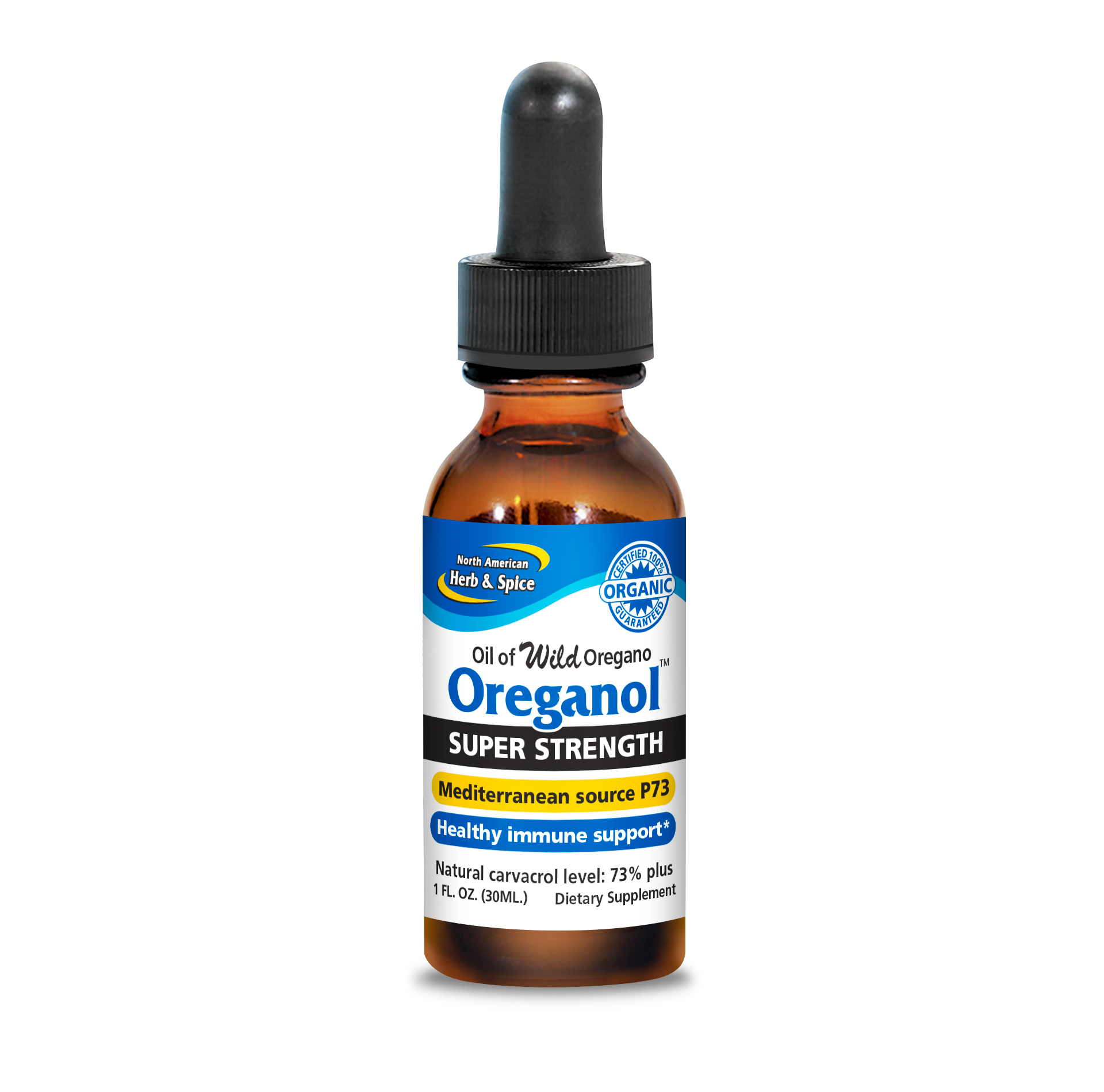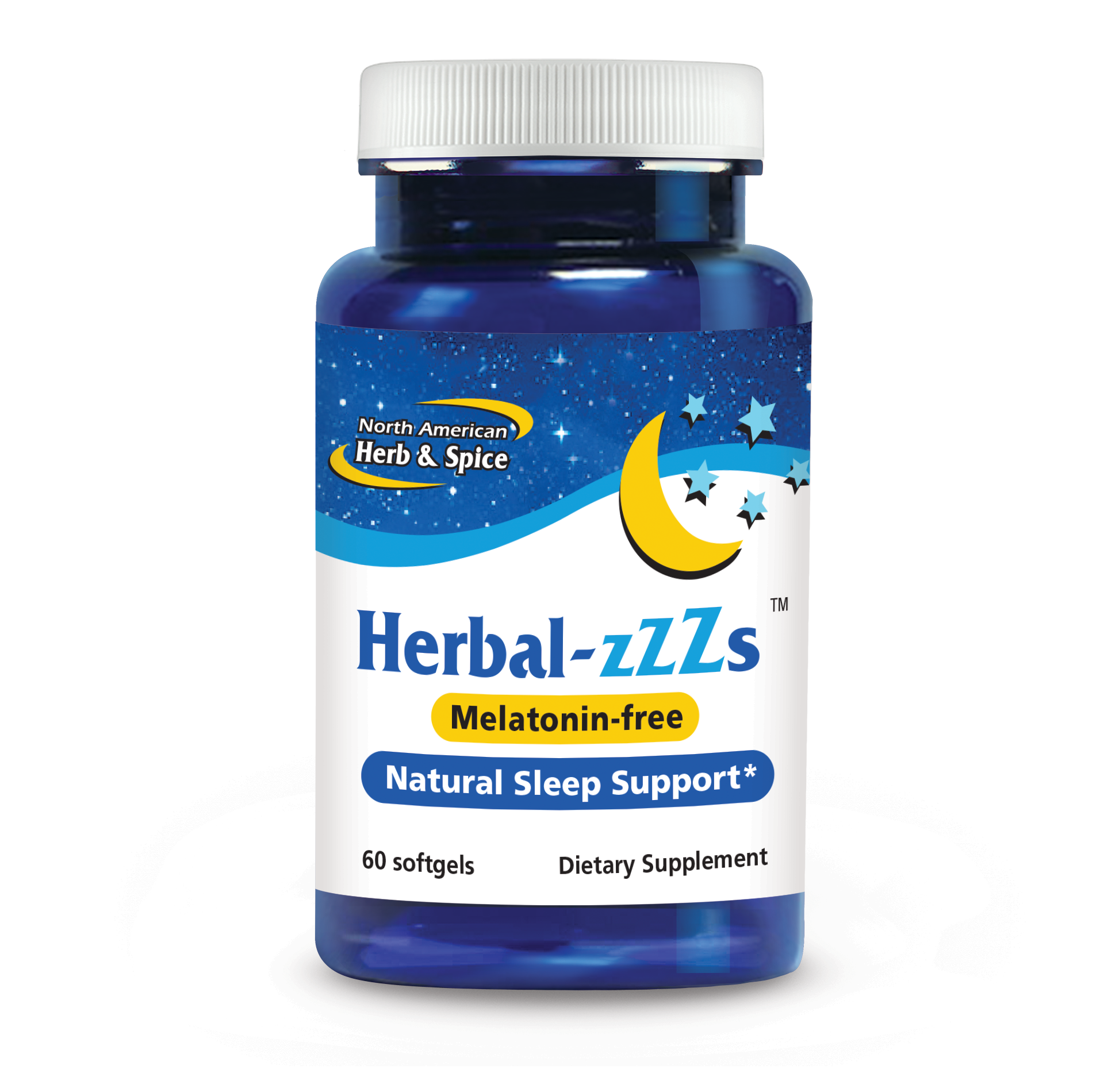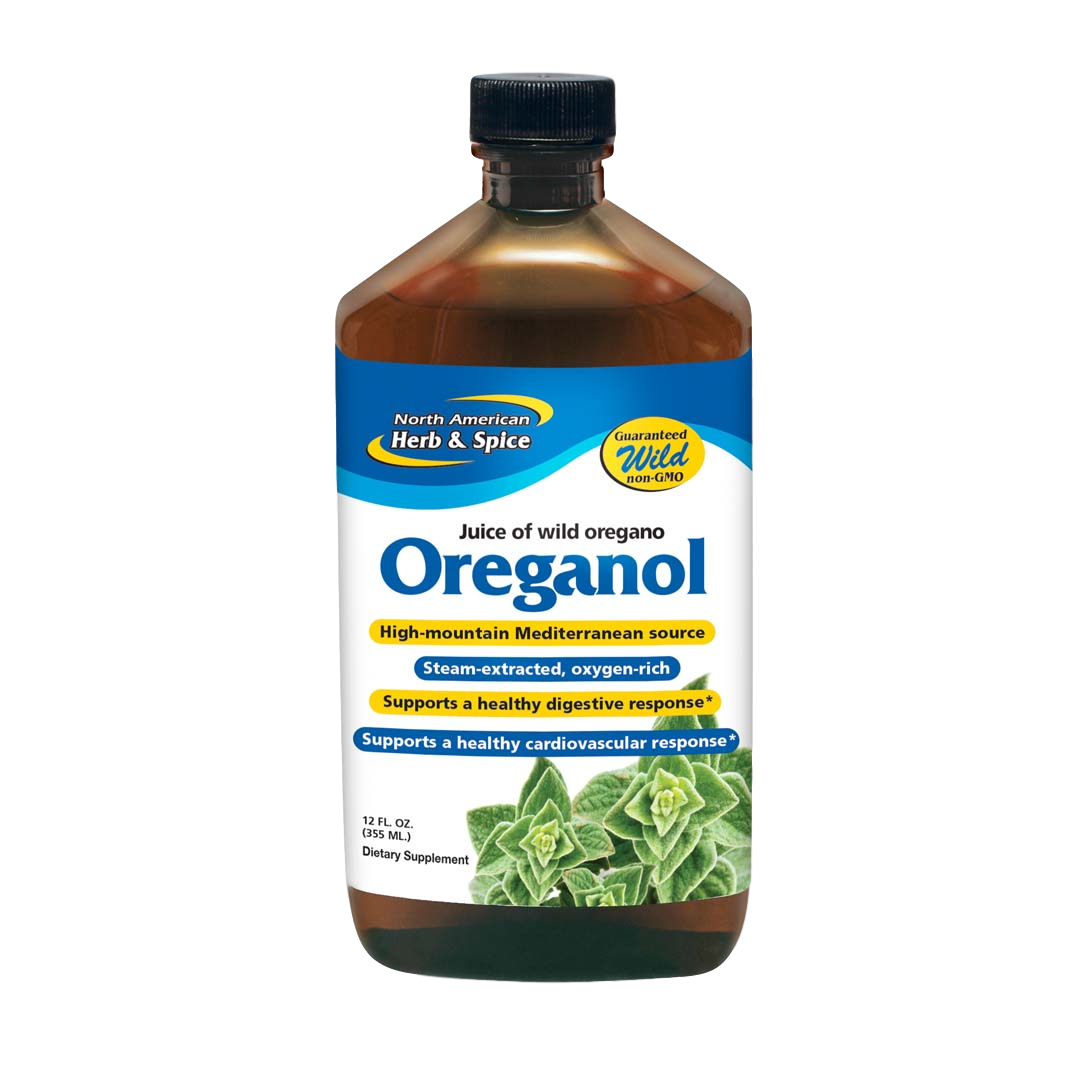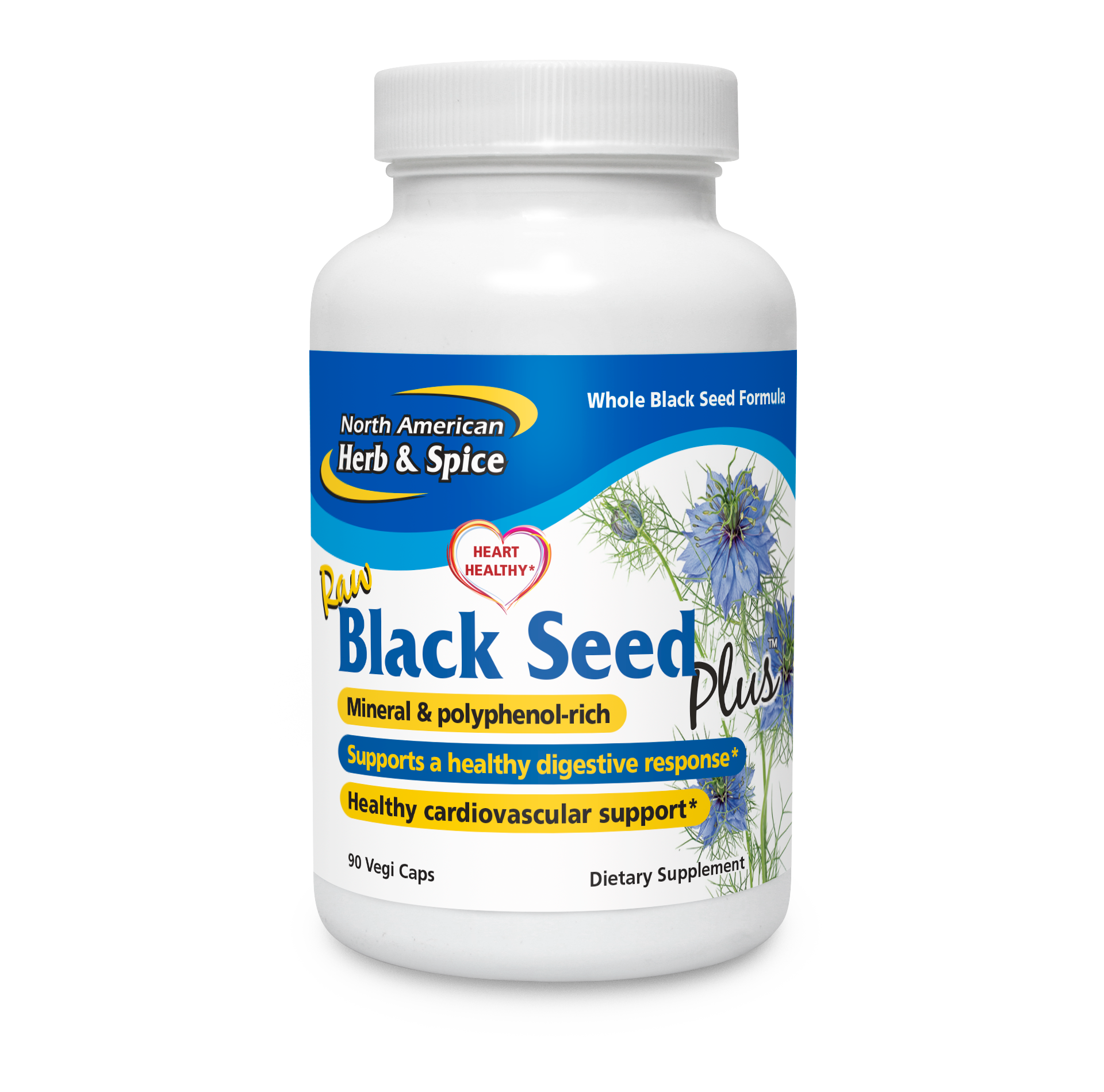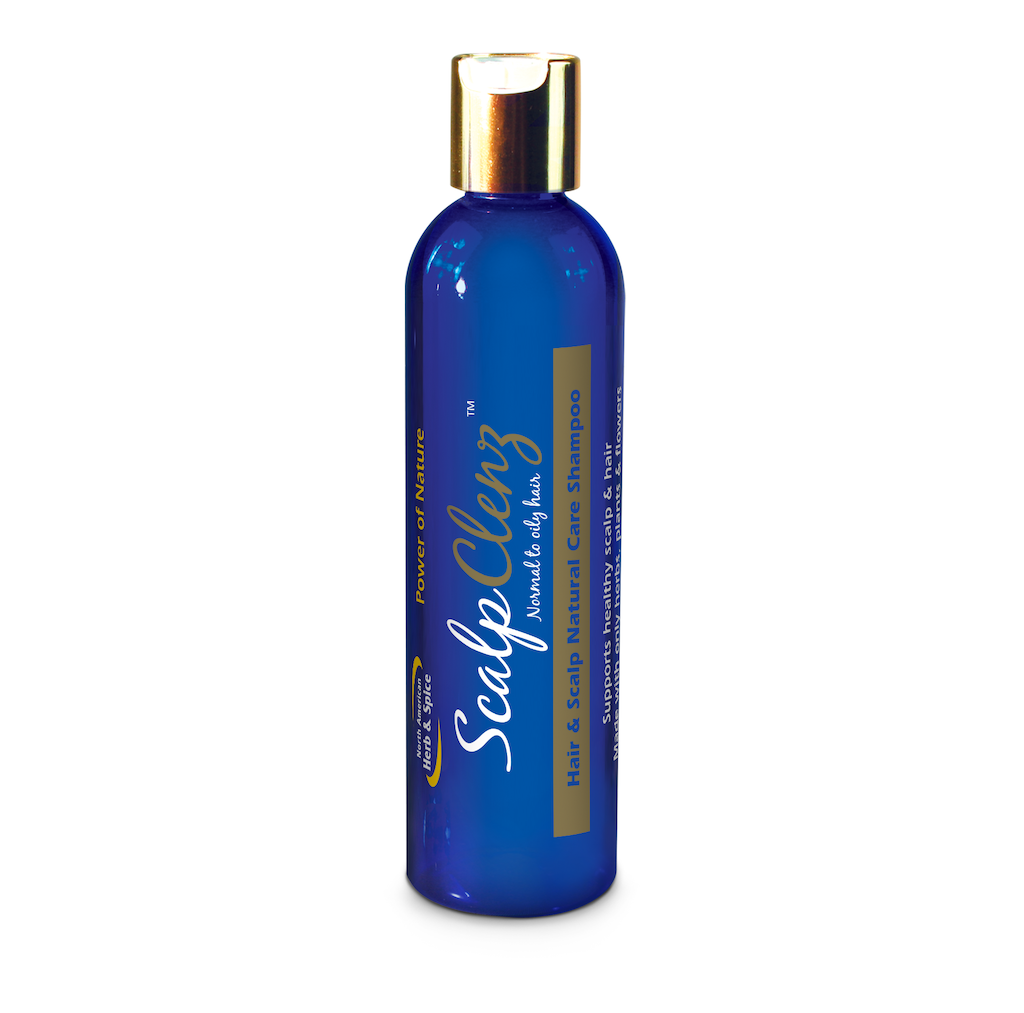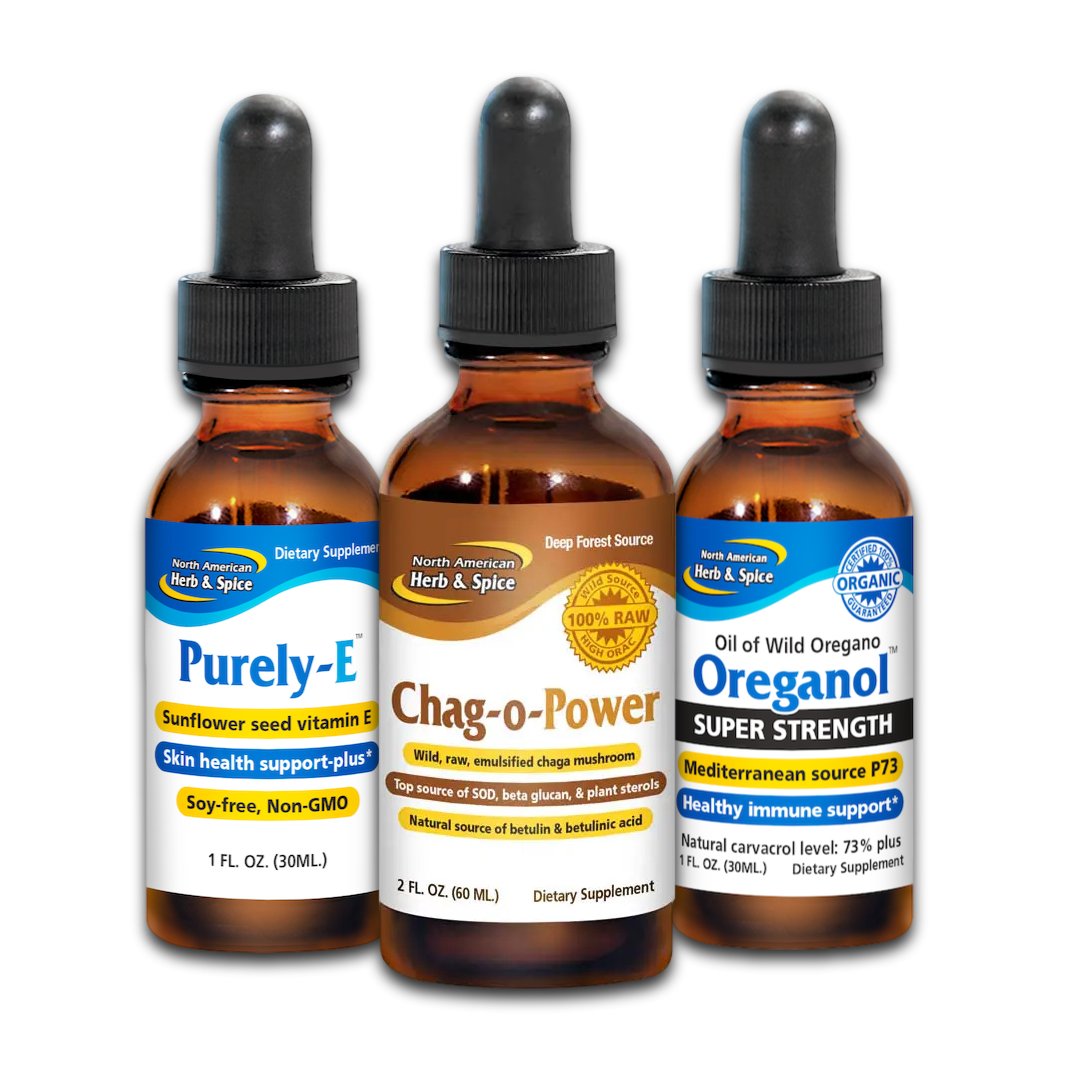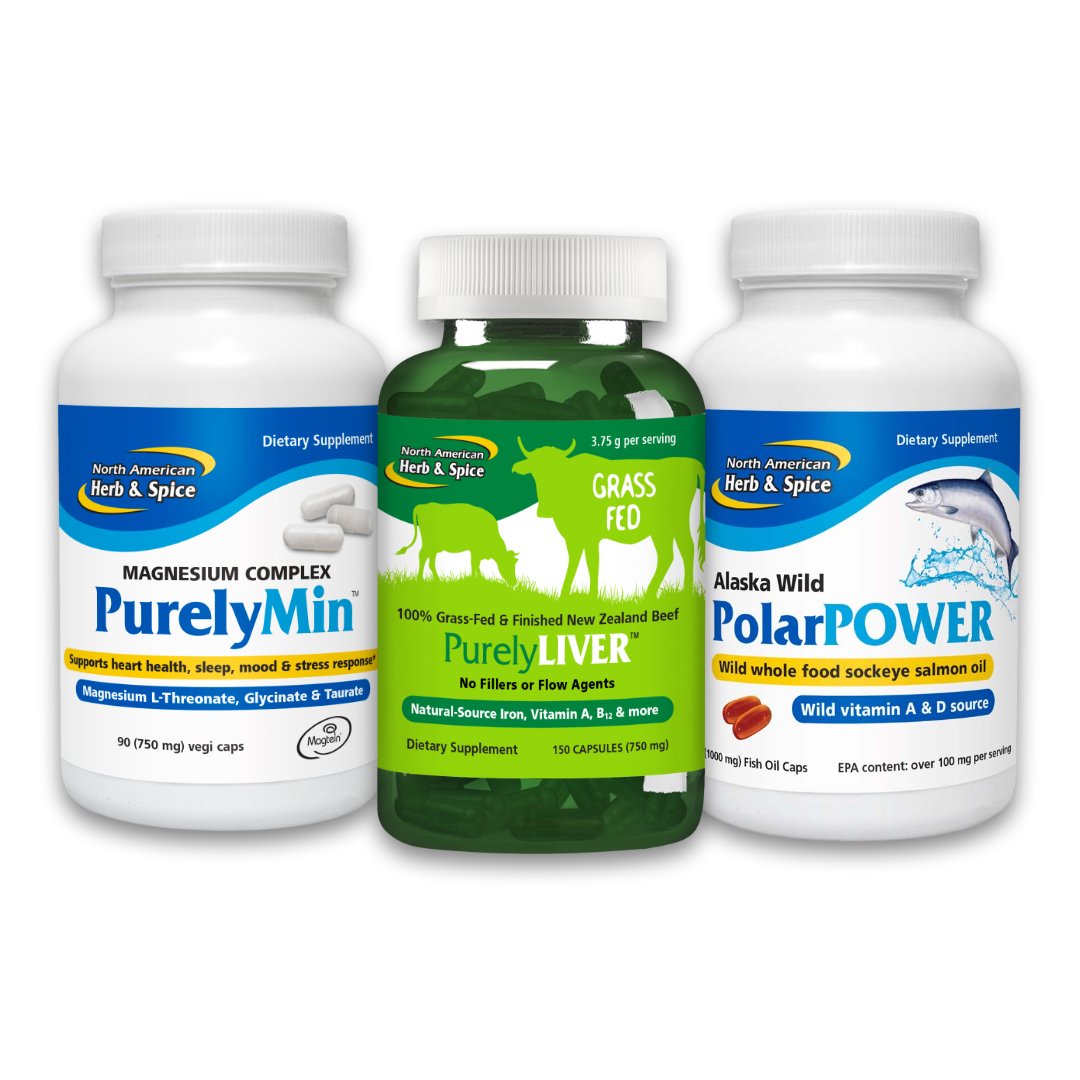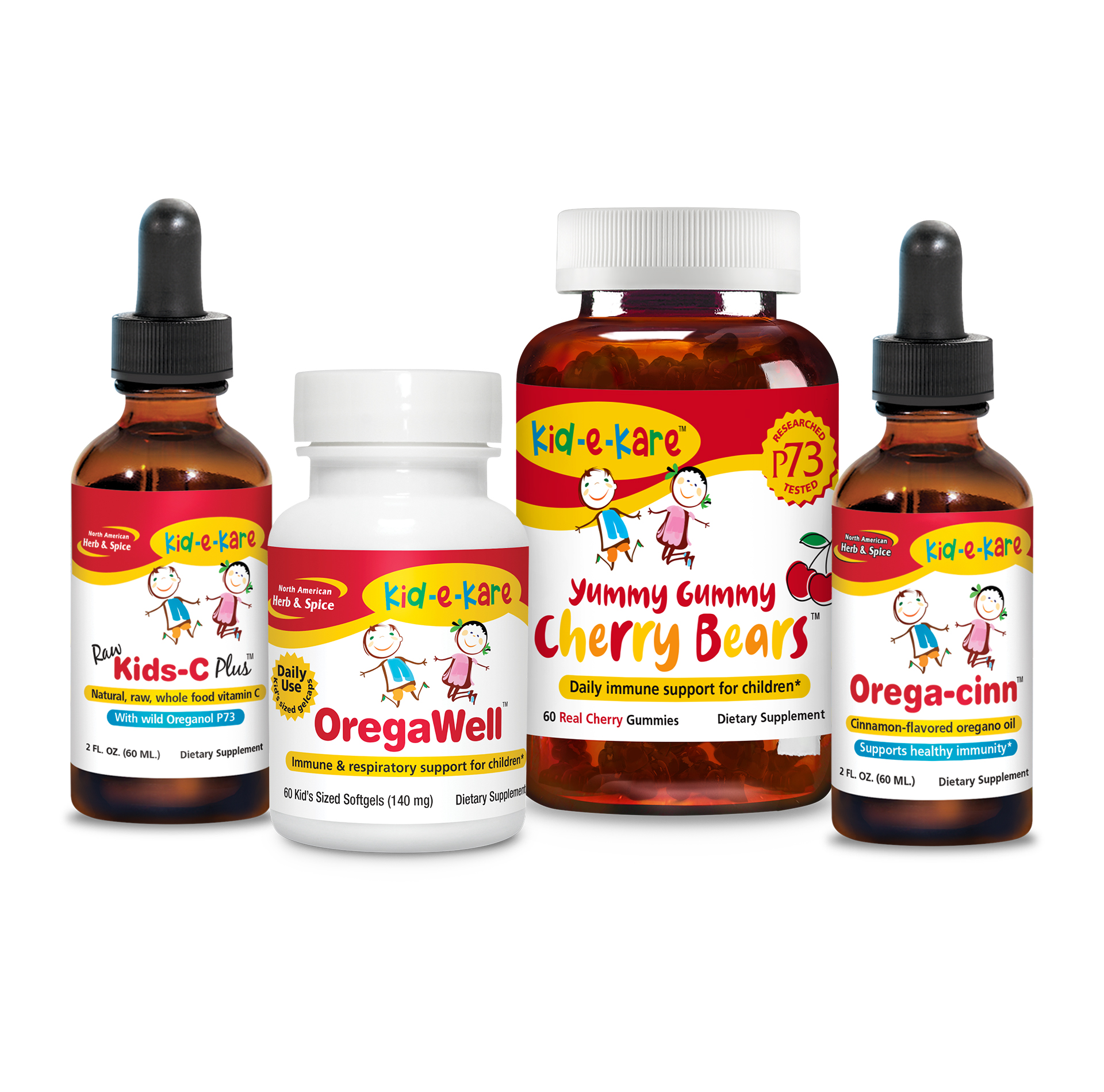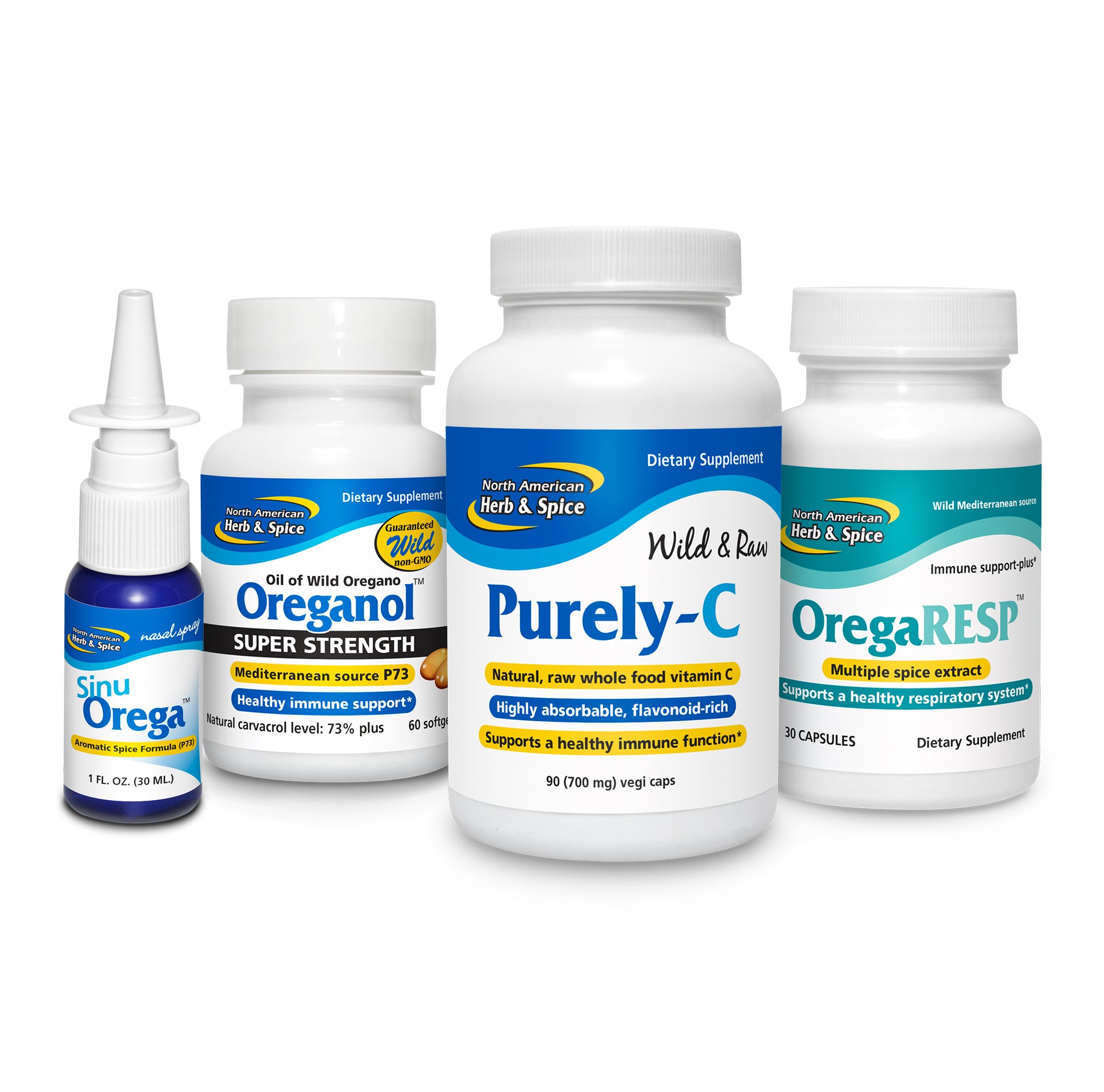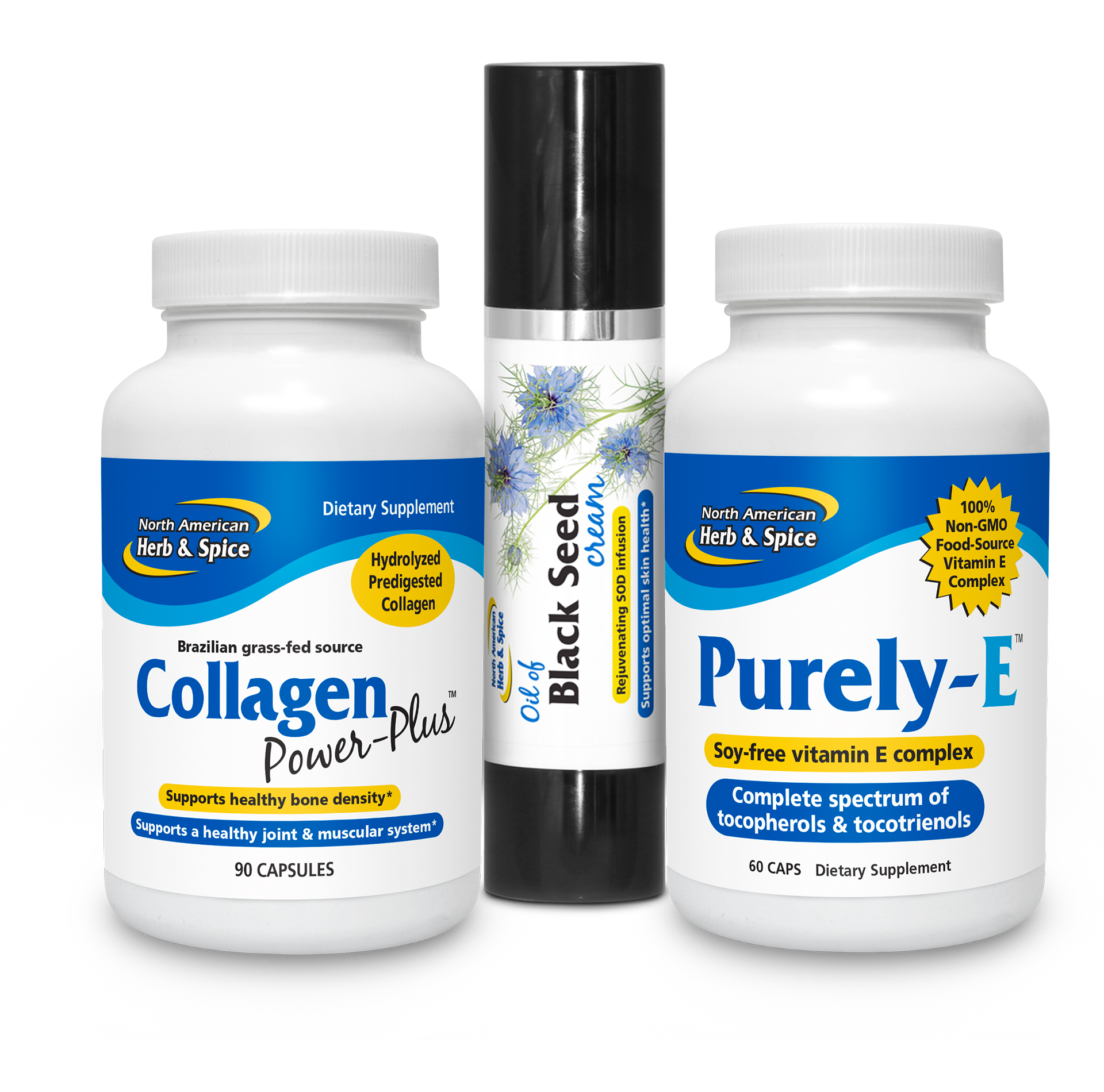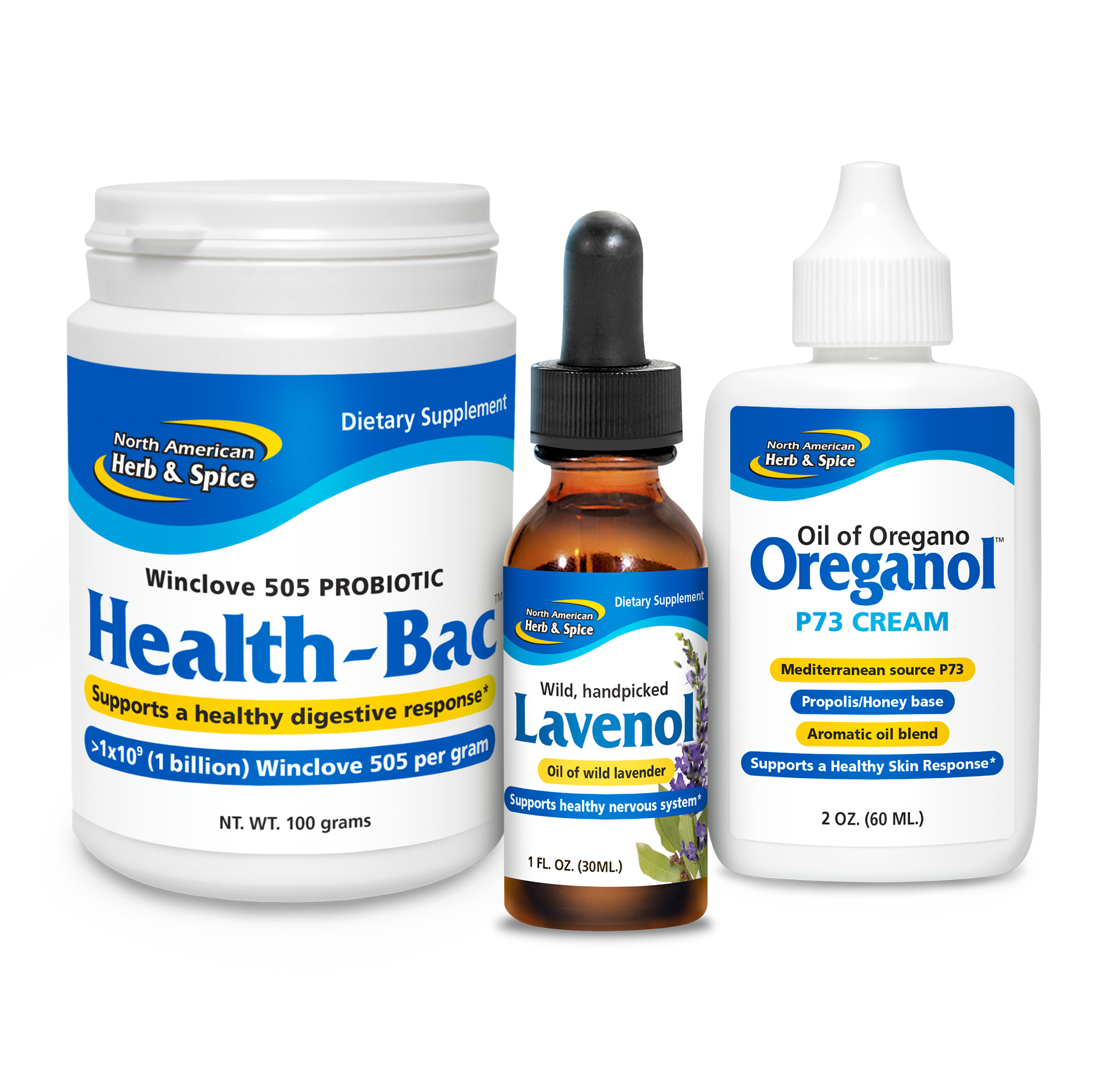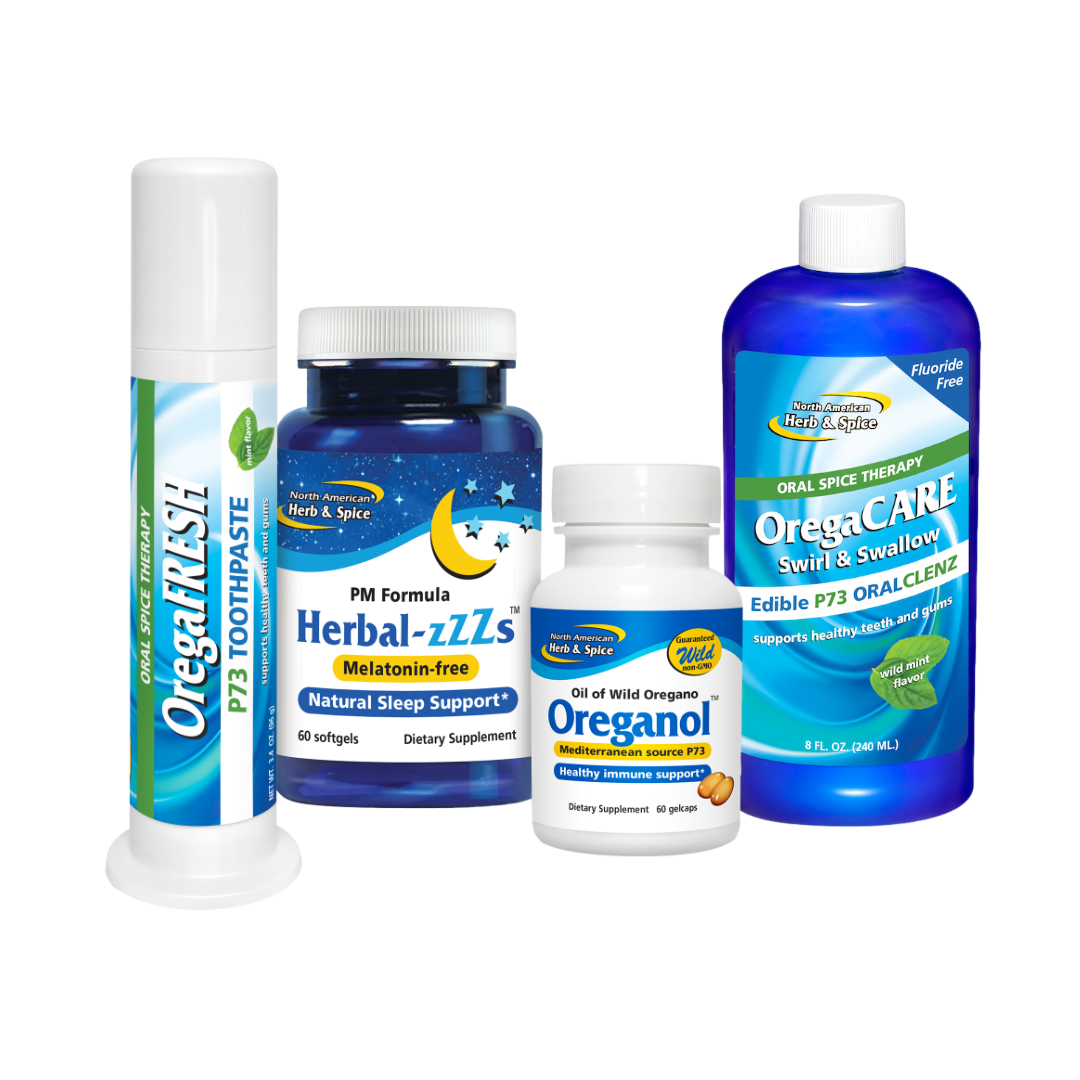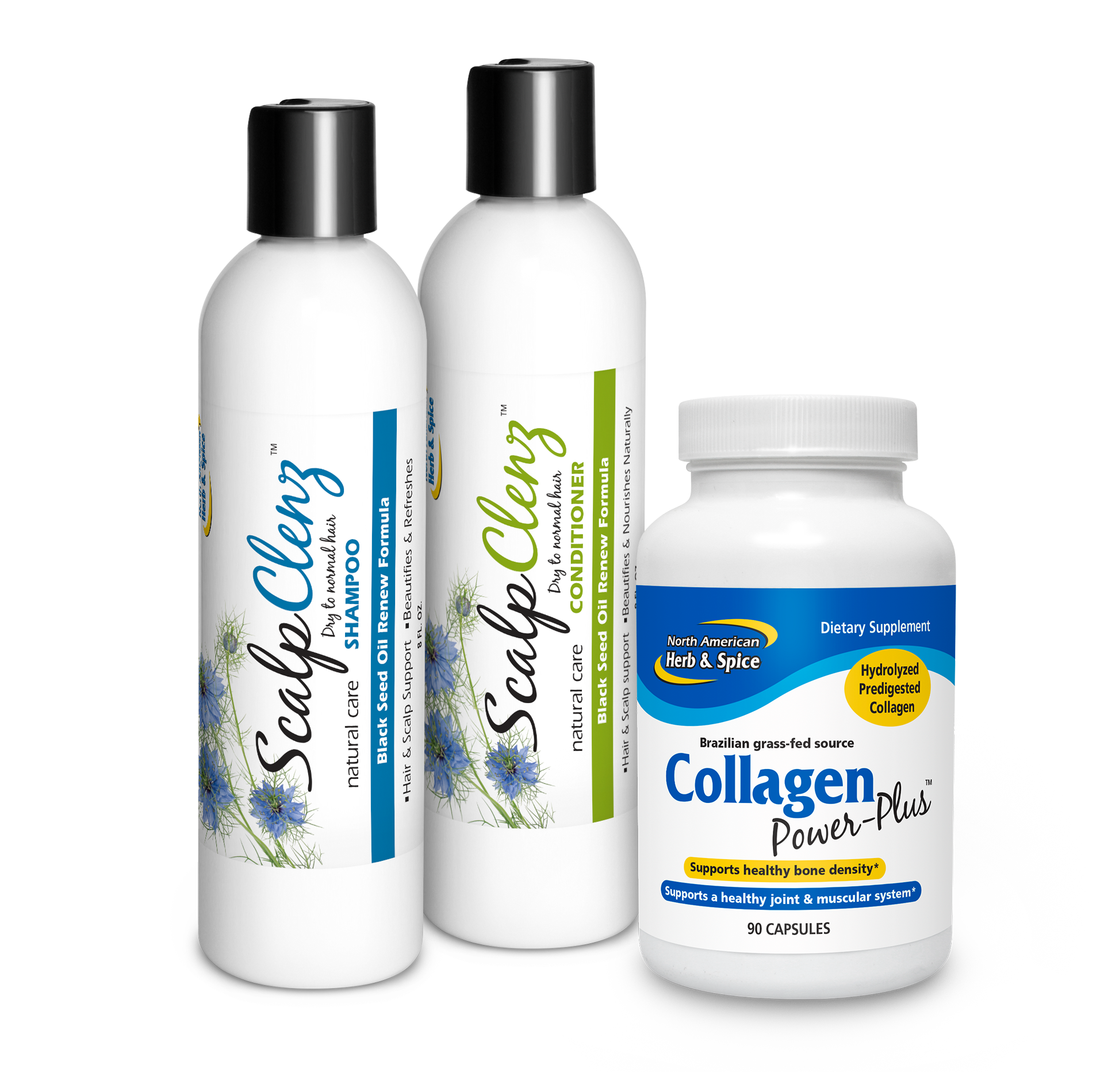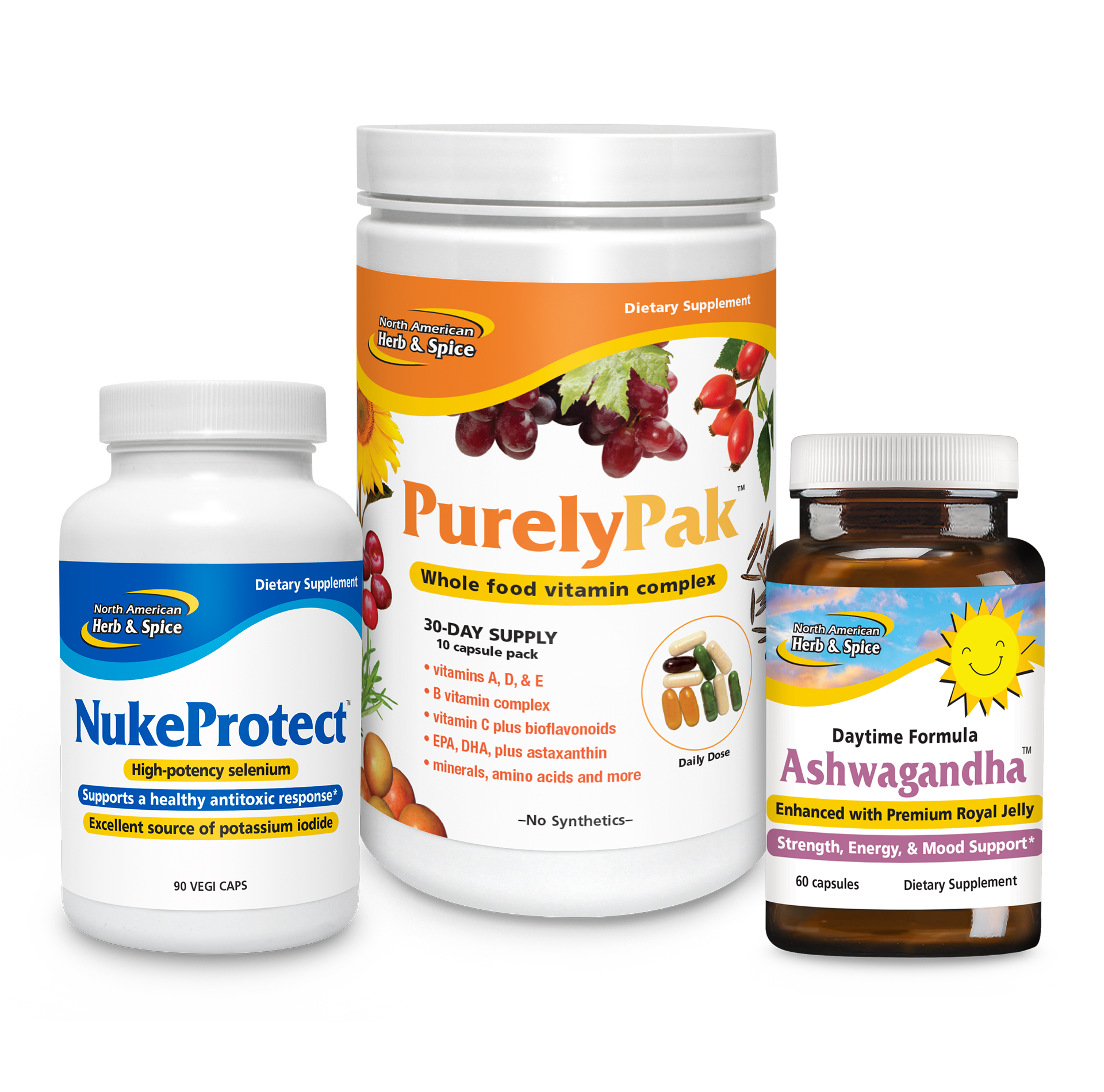In today’s world, hormonal imbalances are increasingly common, and many people don’t realize that hidden chemicals in everyday items are contributing. Known as endocrine disruptors, these substances can interfere with the body’s natural hormone production, leading to issues with fertility, metabolism, thyroid function, mood, and more, for both men and women.
The good news? You have more control than you think. By becoming more mindful of what you put in and on your body, you can reduce your toxic load and support long-term hormonal health. Here’s how!

1. Ditch the Fragrances
That fresh scent in your lotion, candles, or laundry detergent? It may contain phthalates—a group of chemicals used to make fragrances last longer. Phthalates have been linked to hormone disruption, reproductive issues, and even developmental problems in children. According to multiple studies, phthalates can interfere with the production of sex hormones, such as testosterone and estrogen, and may contribute to conditions like polycystic ovary syndrome (PCOS) and endometriosis. Exposure can also be linked to altered menstrual cycles, delayed puberty, and potentially increased risk of infertility.
What to do:
- Choose “fragrance-free” or essential-oil-based
- Avoid vague terms like “parfum” or “fragrance” on labels.
- Swap conventional air fresheners for diffusers with pure essential oils.
Phthalate Exposure and Long-Term Epigenomic Consequences: A Review, Frontiers in Genetics, 2020
Phthalates Disrupt Female Reproductive Health: A Call for Enhanced Investigation into Mixtures, Reproduction, 2025
Effects and Mechanisms of Phthalates’ Action on Reproductive Processes and Reproductive Health: A Literature Review, Environmental Research & Public Health, 2020
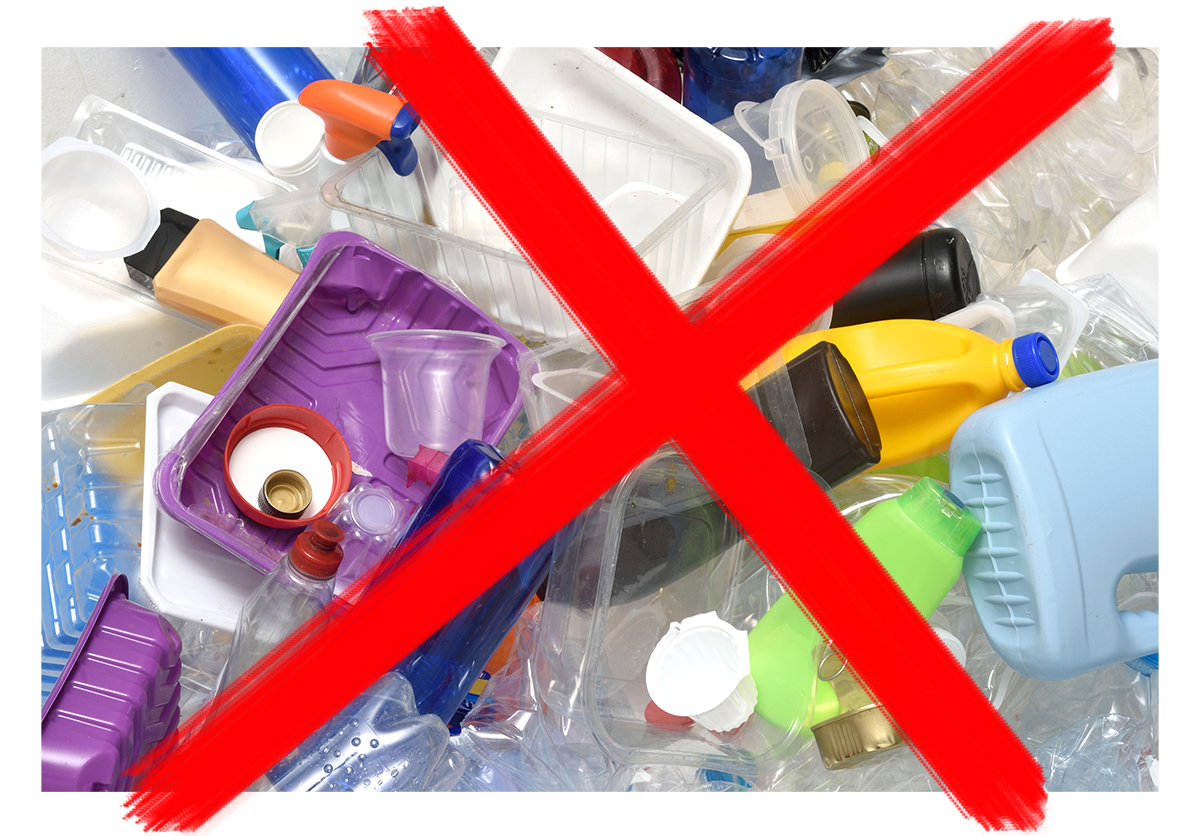
2. Rethink Plastics
Plastics are everywhere—but so are xenoestrogens, compounds that mimic estrogen in the body. Chemicals like BPA and BPS, commonly found in plastic containers, water bottles, and can linings, can interfere with hormonal signaling and metabolism.
What to do:
- Use glass, stainless steel, or ceramic for food and drink storage.
- Never microwave food in plastic containers. Microwave heating causes the highest release of microplastics and nanoplastics into foods.
- Look for BPA-free cans and lids—or opt for fresh or frozen foods
The scientific consensus on xenoestrogens characterizes them as serious environmental hazards that have hormone-disruptive effects on both wildlife and humans.
Exploring the Biological Activity and Mechanism of Xenoestrogens and Phytoestrogens in Cancers, Molecular Sciences, 2021
Assessing the Release of Microplastics and Nanoplastics from Plastic Containers and Reusable Food Pouches: Environmental Science & Technology, 2023

3. Buy Organic When Possible
Pesticides, herbicides, and fungicides sprayed on conventional crops can act as hormone disruptors. Some of the most commonly used ones—like glyphosate and atrazine have been associated with thyroid disruption, reproductive harm, and altered testosterone and estrogen levels.
What to do:
- Prioritize organic versions of the Dirty Dozen (like strawberries, spinach, and apples).
- Wash produce thoroughly—even organic—before eating.
- Support local farms that use minimal or no chemical sprays.
4. Watch What’s on Your Plate
Certain processed foods contain additives and contaminants that interfere with hormone function. These include:
🔹 Hydrogenated oils – linked to insulin resistance and inflammation
🔹 Refined sugars – disrupt blood sugar and insulin, affecting sex hormones
🔹 Non-organic meat & dairy – may contain growth hormones and antibiotics
🔹 Soy isolates – in large amounts, can mimic estrogen (especially in ultra-processed vegan products)
Diet, Lifestyle, and the Risk of Type 2 Diabetes Mellitus in Women: New England Journal of Medicine, 2001
Exploring the Biological Activity and Mechanism of Xenoestrogens and Phytoestrogens in Cancers, Molecular Sciences, 2021
What to do:
- Choose whole, unprocessed foods as often as possible.
- Opt for grass-fed, pasture-raised, and organic animal products.
- Limit packaged snacks with long ingredient lists and artificial additives.
5. Clean Up Your Personal Care Routine
Your skin is your body’s largest organ, and it absorbs much of what you put on it. Remember this: Whatever is applied to the skin ends up in the bloodstream. This realization may cause you to reevaluate your skincare routine! Most personal care products contain parabens, phthalates, triclosan, and other synthetic chemicals that act as endocrine disruptors.
What to do:
- Switch to natural deodorants, shampoos, and soaps.
- Use apps like Think Dirty or EWG’s Skin Deep to scan products.
- Avoid anything with parabens, PEGs, triclosan, or synthetic dyes.
6. Filter Your Water
Tap water can contain residues of pharmaceuticals, pesticides, heavy metals, and other hormone-disrupting chemicals.
What to do:
- Use a high-quality water filter (such as reverse osmosis or activated carbon systems).
- Filter both drinking and shower water—your skin absorbs chemicals during bathing.
7. Be Cautious with Canned and Fast Foods
Many canned foods, fast foods, and takeout containers are lined with hormone-disrupting chemicals like BPA and PFAS (known as “forever chemicals”). These leach into your food, especially when hot.
What to do:
- Choose fresh or frozen foods over canned.
- Reheat leftovers in glass or stainless steel
- Reduce fast food intake, especially from packaging-heavy chains.
Hormone Disruption Affects Everyone
- Men may experience reduced testosterone, lower sperm count, increased estrogen, and difficulty building muscle or losing fat.
We recommend a product called ActiMale to support healthy hormonal balance in men.
- Women may see irregular cycles, fertility issues, mood swings, and thyroid imbalances.
We also have a product called ActiFem to support feminine hormonal harmony.
These issues can start subtly and worsen over time. Taking small, consistent steps to avoid hormone disruptors can lead to better energy, mood, fertility, metabolism, and even cancer prevention.
Final Tips to Protect Your Hormones
- Read labels and simplify your routines.
- Stick with brands committed to clean, transparent ingredients.
- Support your body’s natural detox pathways with nutrients like magnesium, fiber, B vitamins, and antioxidants.
- Consider herbal or natural hormone support under the guidance of a trusted practitioner.
Small Changes, Big Impact
While it’s impossible to avoid every toxin in today’s environment, you don’t need to be perfect to make progress. Every swap you make—every bottle replaced, every meal cooked with clean ingredients—takes pressure off your hormonal system and brings you closer to balance.
Your hormones work hard for you. It’s time to return the favor.
Explore our trending products:
-
Herbal-zzZs – Melatonin-Free Sleep Support
$31.99 — or Original price was: $31.99.$27.19Current price is: $27.19. / month Add to cart -
Black Seed-Plus Capsules
$29.99 — or Original price was: $29.99.$25.49Current price is: $25.49. / month Select options This product has multiple variants. The options may be chosen on the product page -
Purely-C Whole Food Vitamin C Complex
$37.99 — or Original price was: $37.99.$32.29Current price is: $32.29. / month Select options This product has multiple variants. The options may be chosen on the product page -
PurelyMin Magnesium Complex
$39.99 — or Original price was: $39.99.$37.99Current price is: $37.99. / month Add to cart

